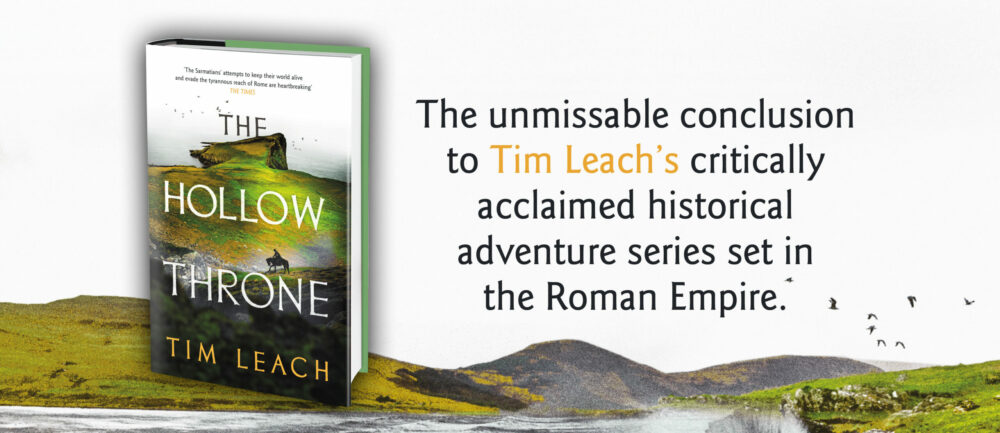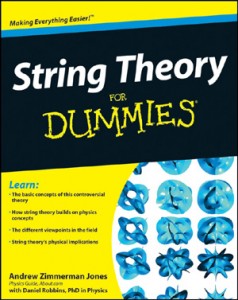What are the odds that I will get published?
This is the question that runs over and over in the head of any writer. Self publishing and e-readers may have given an alternative to the old dictatorship, offering a comforting certainty that someone, somewhere, might pay money to read your work. Even so, when most writers dream, they still dream of contracts, agents, and advances.
They want to know what their chances are, and sensibly so. Writing a novel involves wagering several years of time, a certain sum of money, and a not inconsiderable quantity of pride and sanity on an uncertain outcome. If you’re going to gamble, it pays to know the odds.
To keep myself sane in the two and a half years or so that I’ve been working on my novel, I’ve kept a percentage figure running in my head. It’s not unlike the Doomsday clock that scientists maintain to give a sense of how close we are to total annihilation. Almost entirely arbitrary, but enough to give some semblance of perspective.
It began at something less than 1%. Perhaps one in a hundred novels that are started are ever finished, and of those that are finished, maybe one in a thousand are taken on and published. I’m plucking these numbers from nothing, but I’d be surprised if the statistics are better than this. You can’t write a novel without hope, but you can’t be a mad dreamer either. So I placed my chances at less than 1%, and began to write it anyway.
After a year and half had passed, when I’d finished a couple of drafts, had very strong feedback from tutors and readers whose opinion I trusted, looked back on it and liked it myself, I felt generous. I raised my odds of publication to 30%. I felt like I’d earned the right to dream a little.
I got my first rejection from an agent – a flat no off the first three chapters – and knocked 5% off. Then I got a request for the rest of the book from another agent, and stuck the 5% back on again. Perhaps I even put another 3% on there, just for kicks, to make it a one in three chance.
After the first meeting with the agent, there was a delicious moment, when, for the very first time, I allowed myself to believe the odds were in my favour. 55%? Perhaps even 60%. Not past halfway by much, but when you’ve been labouring in the face of improbability for so long, even a slender advantage feels good.
Another six months, another three drafts, and the agent felt we were ready to submit to publishers. I got a little rash. After all, surely the agent wouldn’t have worked this long on a project without being damn confident it would sell? I fixed it at 80% in my head. It’d take some pretty rotten luck to fail at this point.
The rejections began. Some were positive and reassuring, others were dismissive and alarming. Through this time, I became a little obsessive about attending to the percentage. The thought of having miscalculated filled me with alarm. I could deal with rejection and failure, but I didn’t want to be surprised by it.
After one more rejection, I began to believe that I had been mistaken. That the odds had never been that good, that they had always remained against me. I convinced myself that it wasn’t going to happen, and accepted it. I went home, and began, with no small amount of sadness, to start the next book. I’d gotten close, at least, I told myself. Maybe next time. Maybe the next book would be the one.
Then, at last, it happened.
A maybe became a probably, and then a definitely, within the sudden space of the first two days of the London Book Fair. The deal was done. I had a publisher.
I still can’t allow myself to believe fully. Not until I hold the hardback in my hand will I finally retire my percentage gauge. It now stands in my head at around 99%. Barring some last minute disaster, a publishing house collapsing or some such thing, it seems likely that the novel will see the light of day, hopefully in Spring 2013. The percentage will reach three figures for a moment, then vanish entirely.
Of course, the end of one game of numbers simply means that another is due to begin. Having worked on the retail side of the book trade, I know that it is a brutal world for the debut author. What are the odds that I will get a good review, that I will win a prize, that I will sell more than a hundred copies, that I will write another publishable book?
The numbers wind back down to single figures, and it is time to start playing again.

